Precisely one week ago I was sitting in a canvas yurt filled with strangers. By the time the sun went down the woodstove was hot, the beers were very cold, and we were starting to make friends with people we’d never met before.
Each of us knew a person or two before we met for dinner in Ketchum, but no one knew everyone. Avalanche conditions in this little corner of Idaho were spooky, and feeling out risk tolerance as a newly formed group forged a kind of bond early on. In the first twenty four hours we became friends over card games, stories, and private jokes.
We also shot a lot of photographs; at least half the group identified as a photographer in some way or another. I’ve spent the last few afternoons sorting through pictures of a ski trip that fit even the most rigorous definition of fantastic. The weather was perfect, the skiing was tremendous, and living in a yurt is about the best way you can spend a week. But while I was sorting through photos my mind wandered to what might be next. I’ve been back in the groove of life in Missoula for fewer than 72 hours, but can’t help but scheme on the next thing.
I may have a predisposition to restlessness. I’ve at least got a bad habit of quitting good jobs to leave the country. But I plan hundreds more trips than I take. Since we shussed out of the Pioneer mountains a couple of days ago I’ve laid plans for a ski trip in the Sawtooths and another in Kootenais. I’ve penciled out ski tours across Switzerland and Poland. I’ve researched and begun writing proposals for a month in Japan, and, because of course it stands to reason that a month in Japan will segue smoothly into a bicycle tour of Thailand and Laos, that itinerary ballooned to approach three months.
Twenty minutes after sliding out of my ski boots at the end of this last trip I was racking my brain on the best way to reorganize my assets into a sailboat worthy enough for a year long cruise in the Pacific. Never mind that I get seasick.
Looking back through pictures and journal entries from trips of the last year or two scratches a certain itch. Memories of loneliness, mosquitoes, and diarrhea fade and are replaced by the sunsets and powder turns that we photograph to remember. There’s a nostalgia for time we’ve spent on the road and friends we’ll never see again. But in planning the next thing there’s excitement and hope.
I don’t pretend that even a fraction of the adventures I scheme on or plan will happen. That’s part of the fun. If you reject the real constraints of budgets (money, time, and responsibility in equal parts) and imagine a trip unfettered by an anemic checking account or a 2,080 hour work-year or a dog you adopted from the pound in the midst of an existential crisis (bless her heart), you get comfortable with thinking beyond the back yard. If you allow your mind to wander enough you might find, eventually, that an idea or two resonates and begins to ache.
If that idea aches for long enough, you might allow yourself to think about the next step. You might find that you can eek out a living while working from the road. That the 40 hour work week is something that’s best left behind. And even that you really can just drive across the border while your mangy pound dog glares at you from the back seat. You might even swallow the hard pill that inertia is not confined to objects with mass, and that the only way to make tomorrow different from yesterday is through deliberate effort.
And who knows, maybe I’ll see you in the south Pacific.
Like
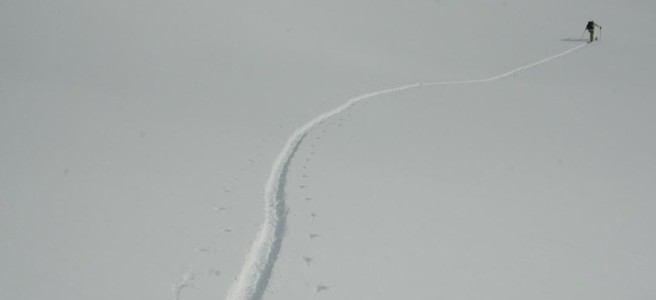
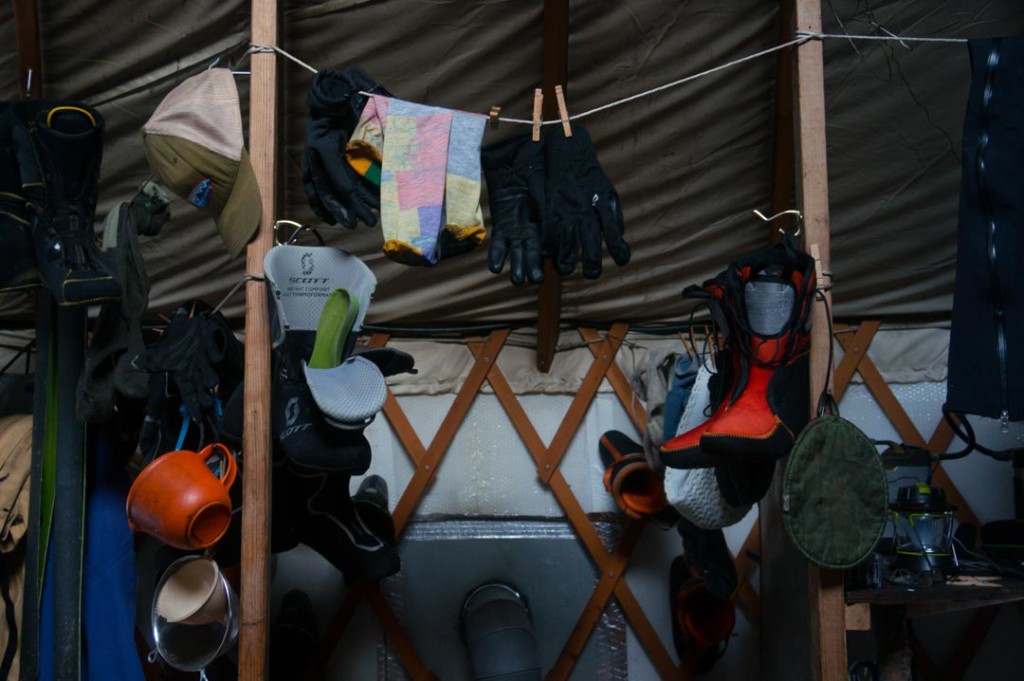
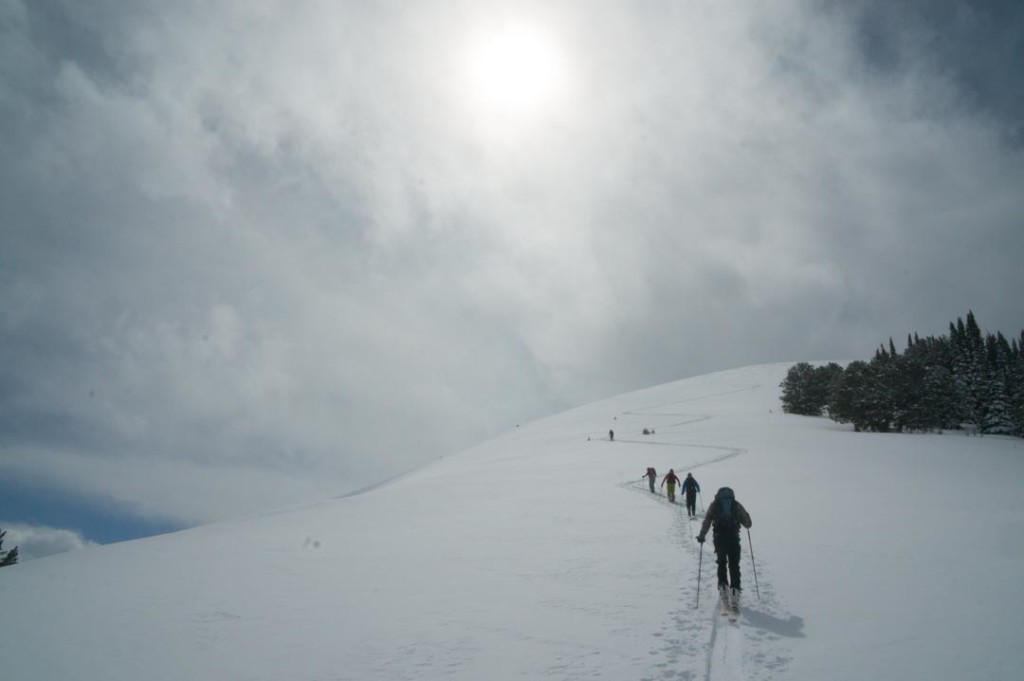
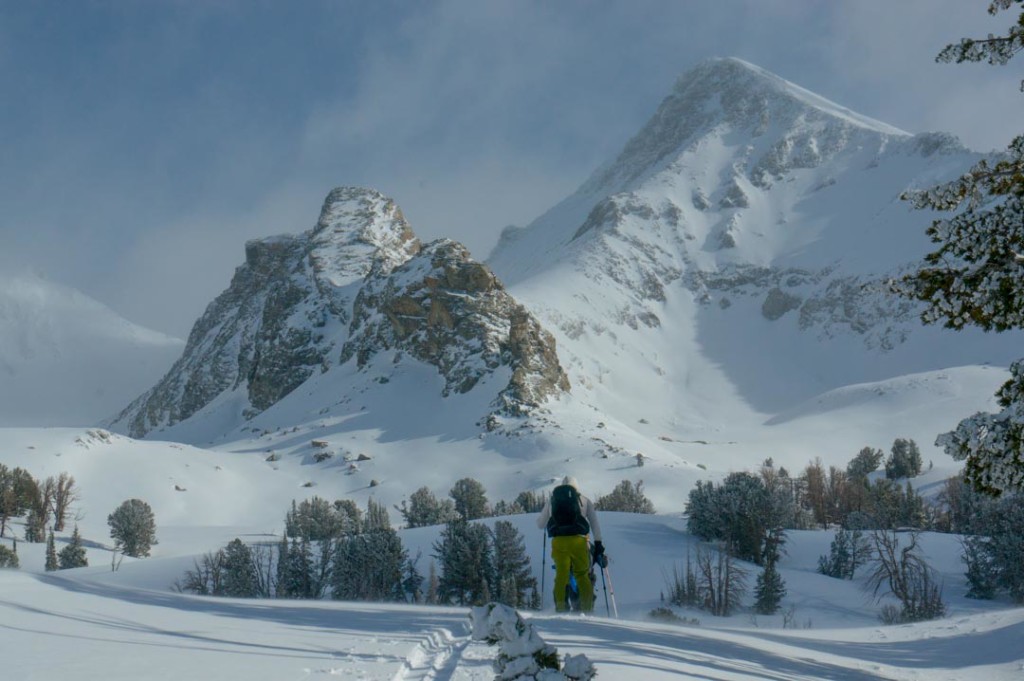
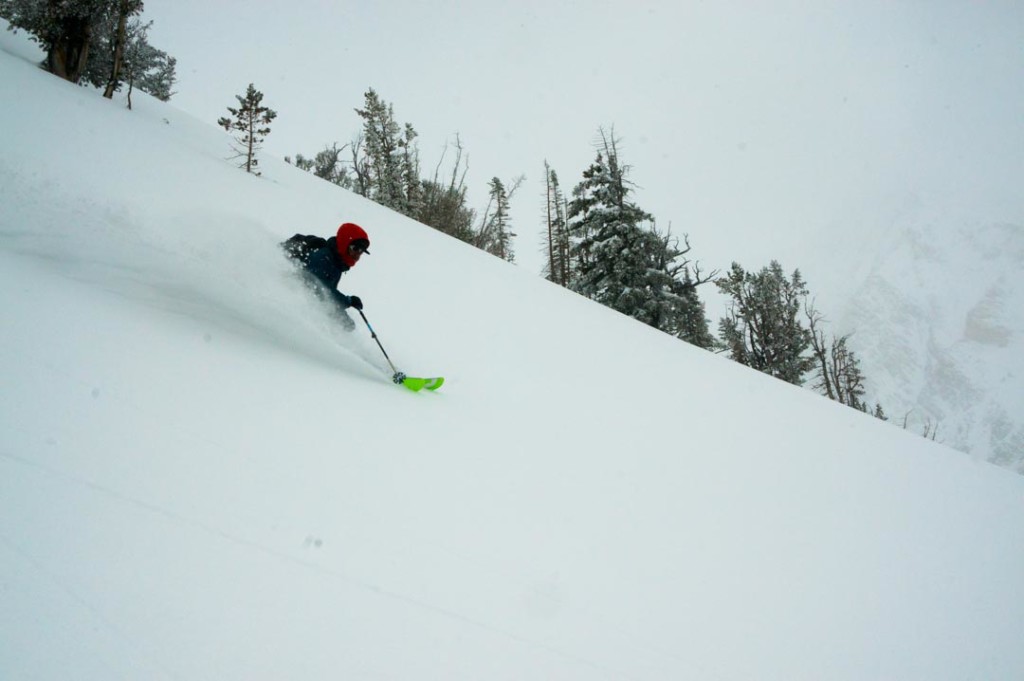
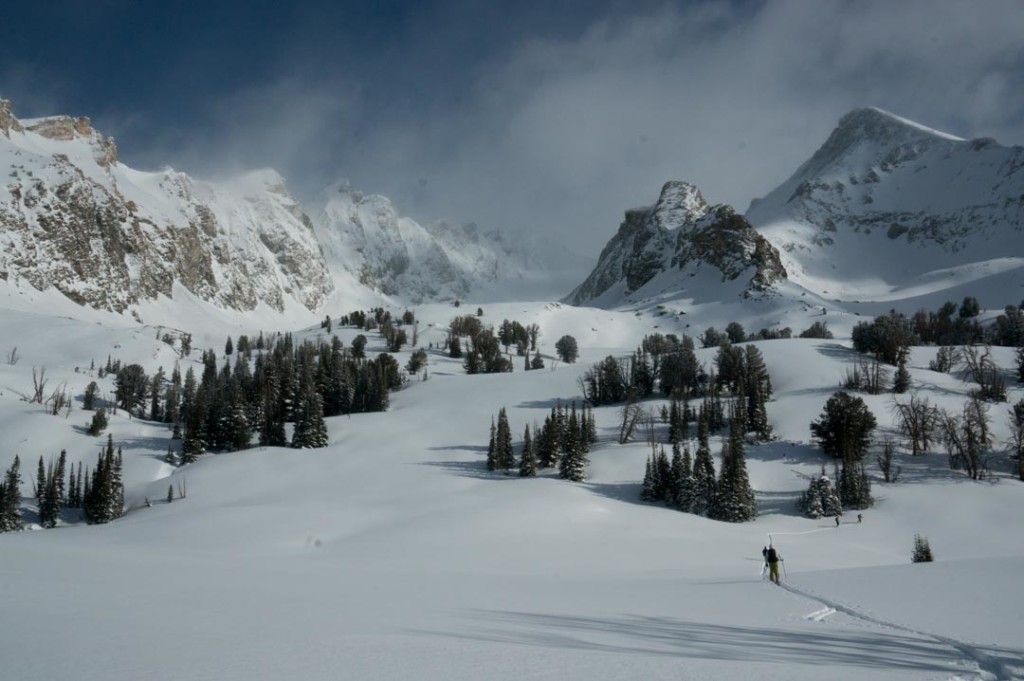
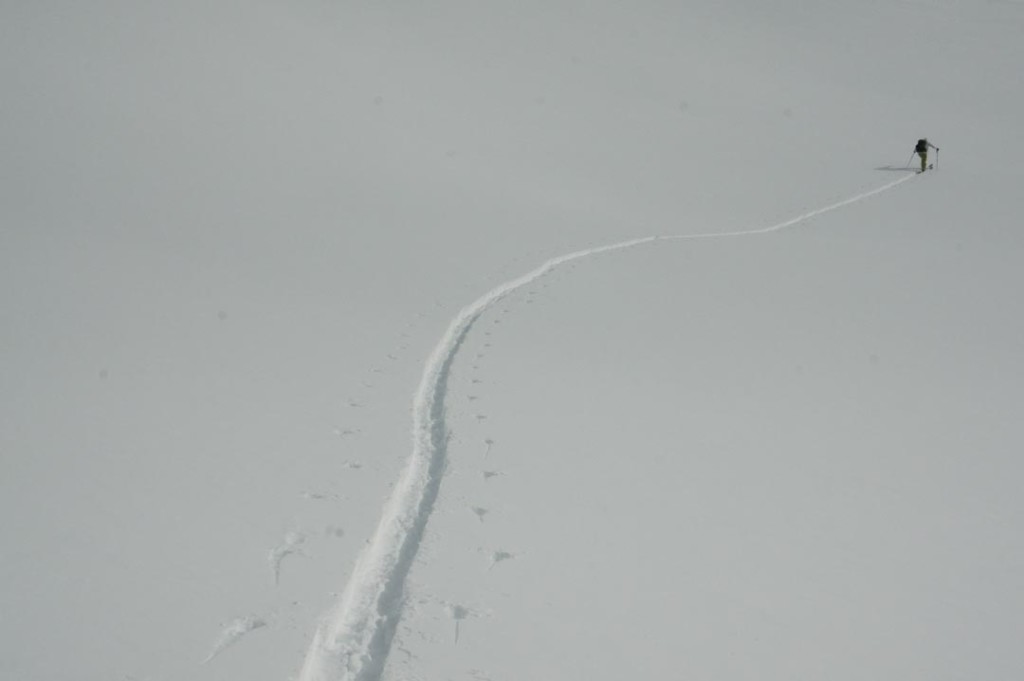
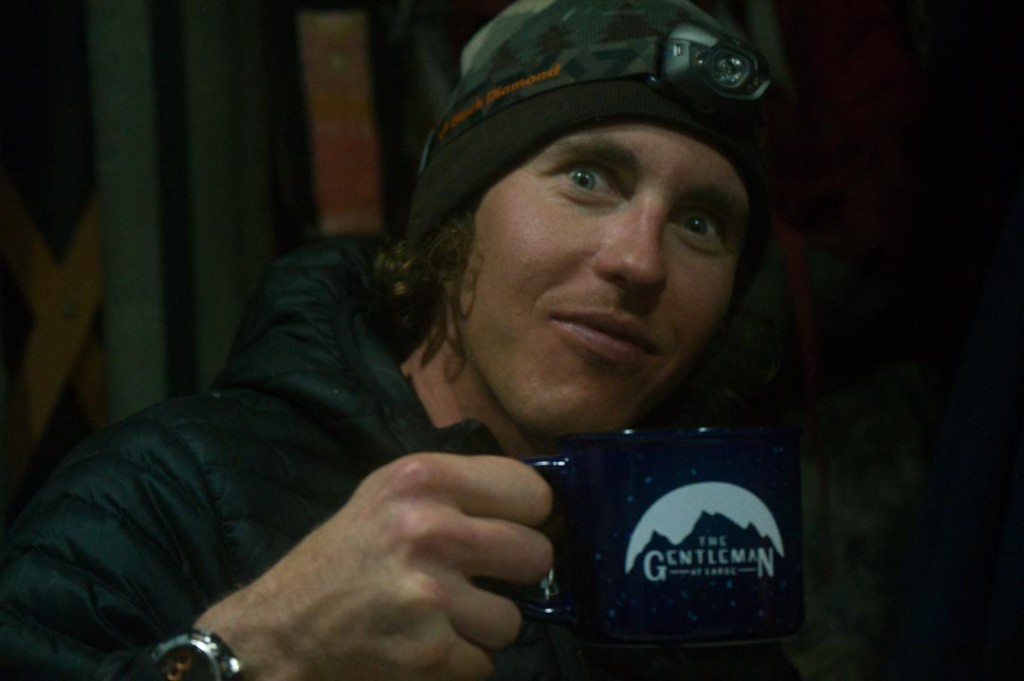
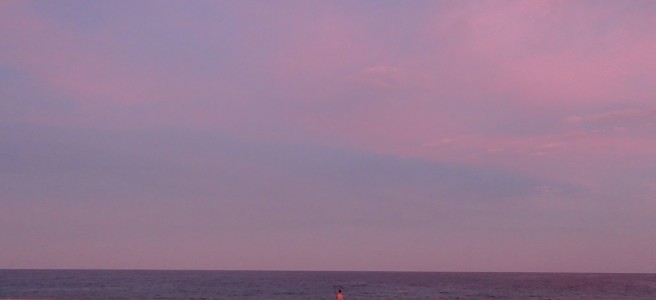
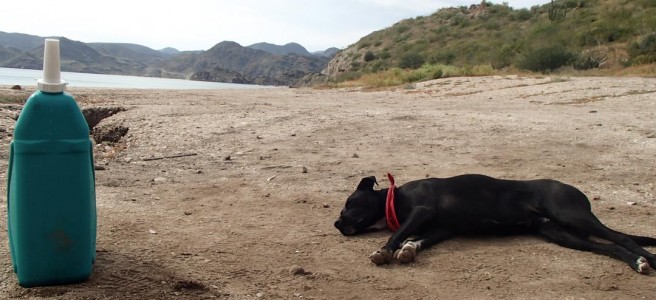
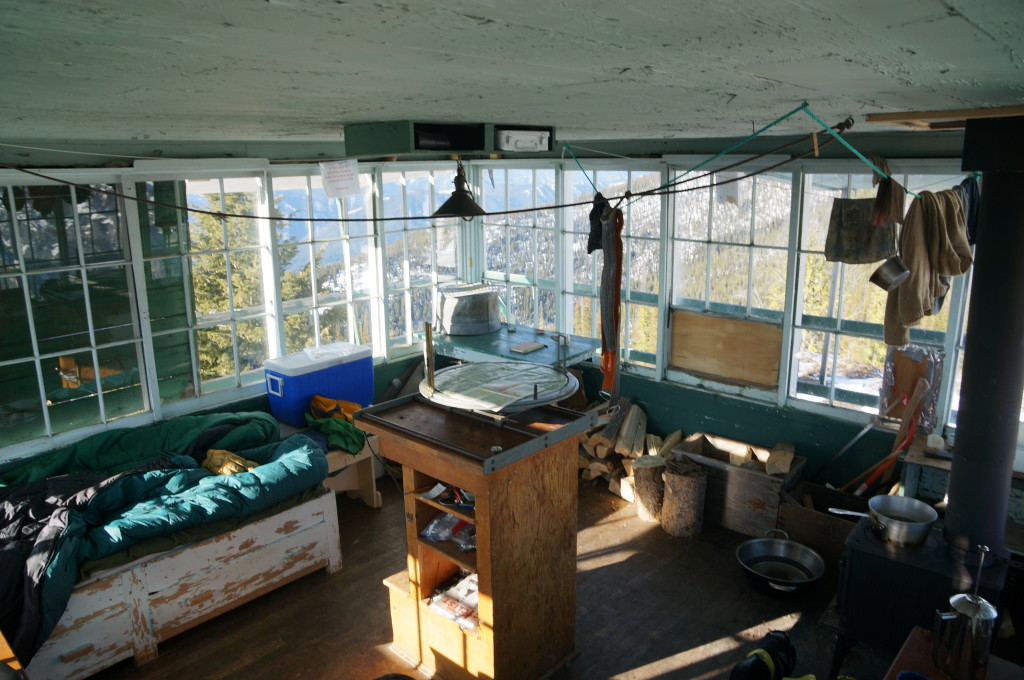
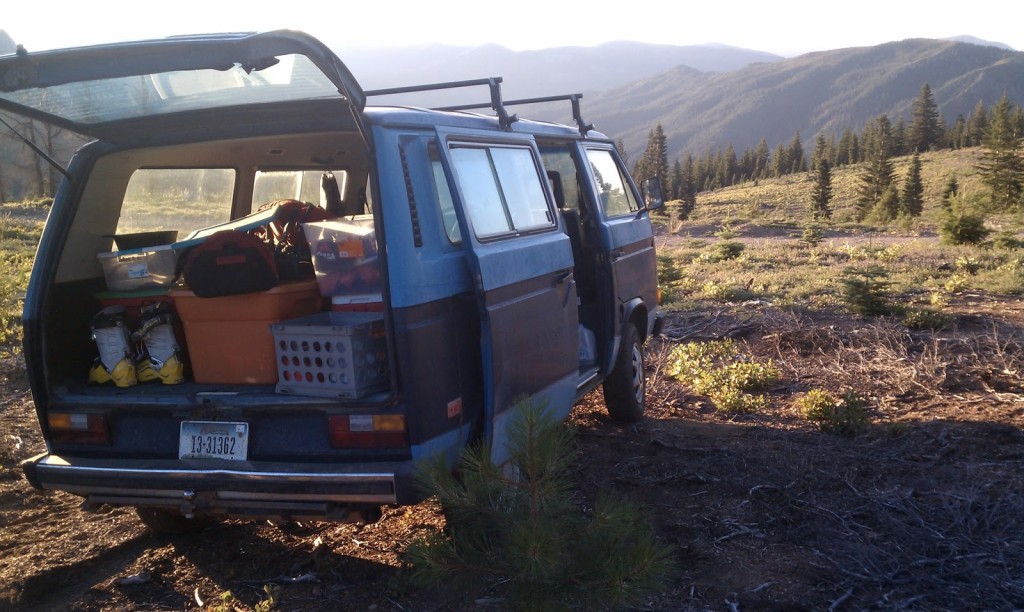
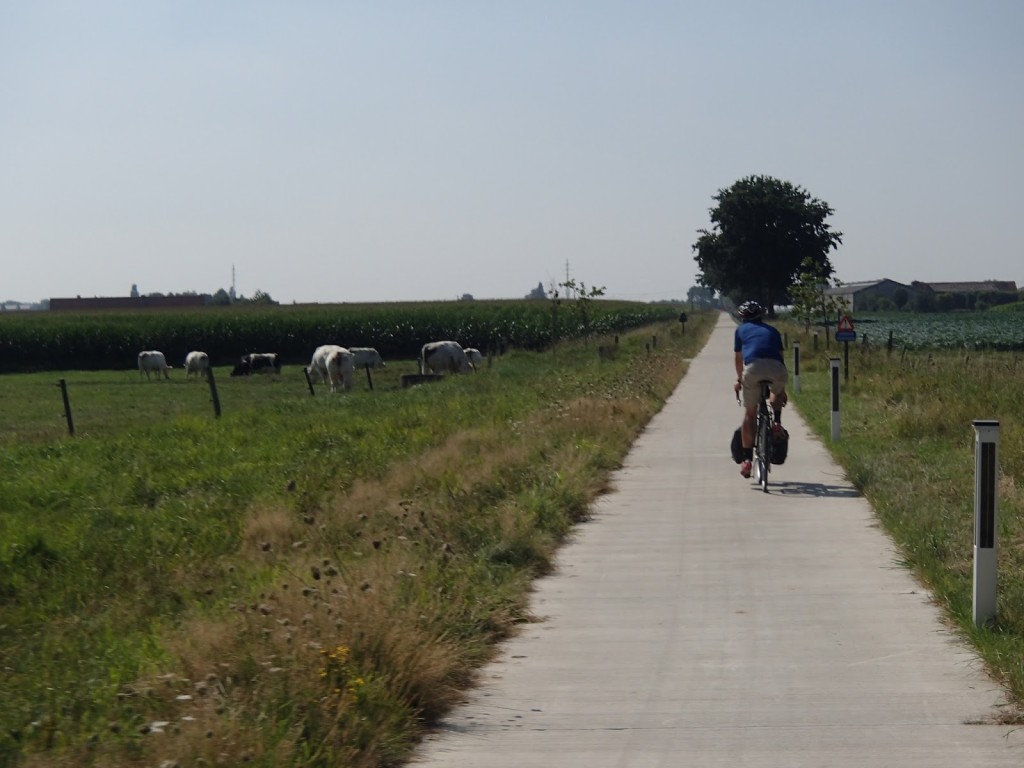
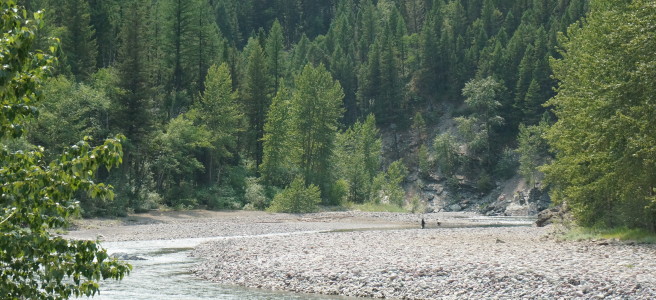
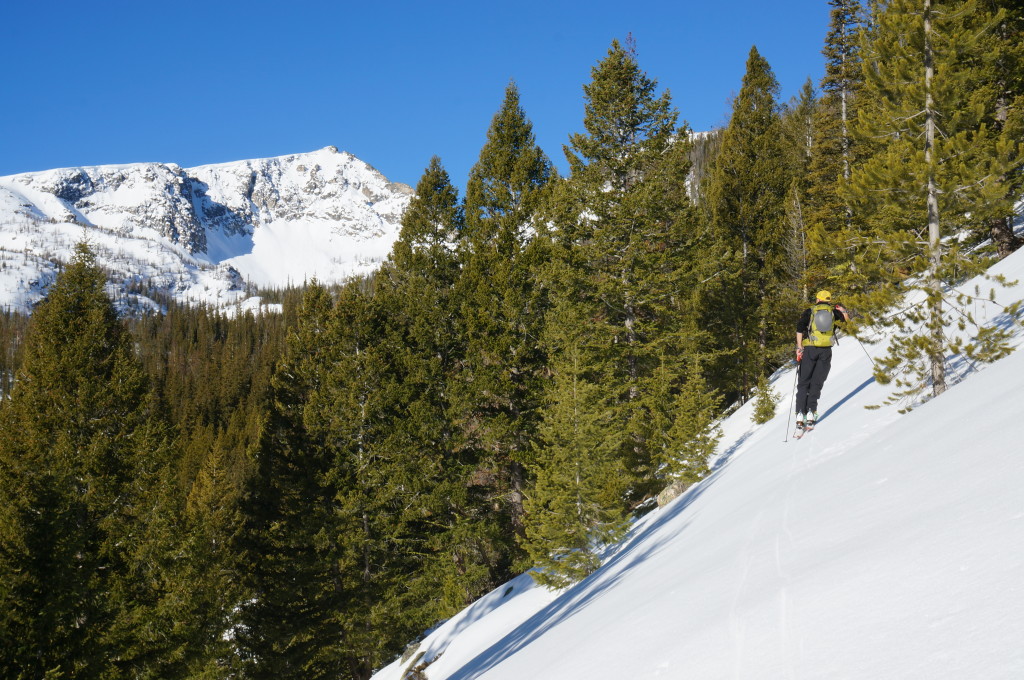
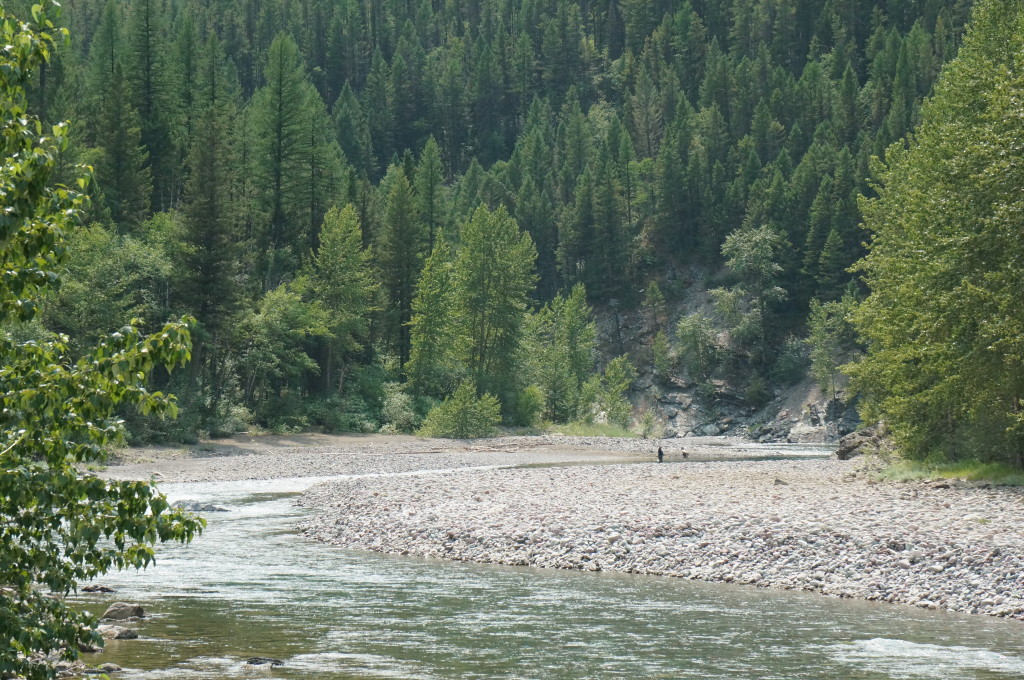
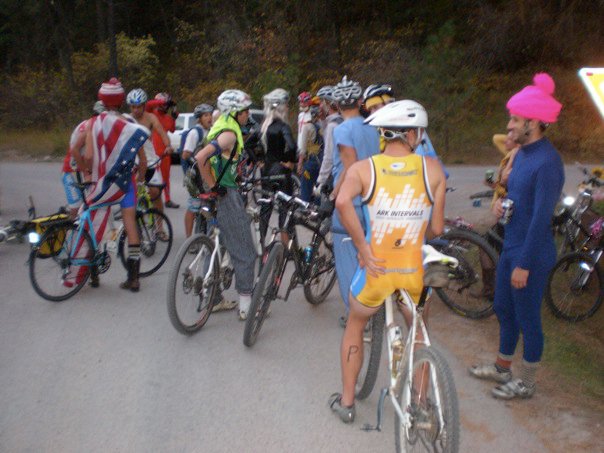
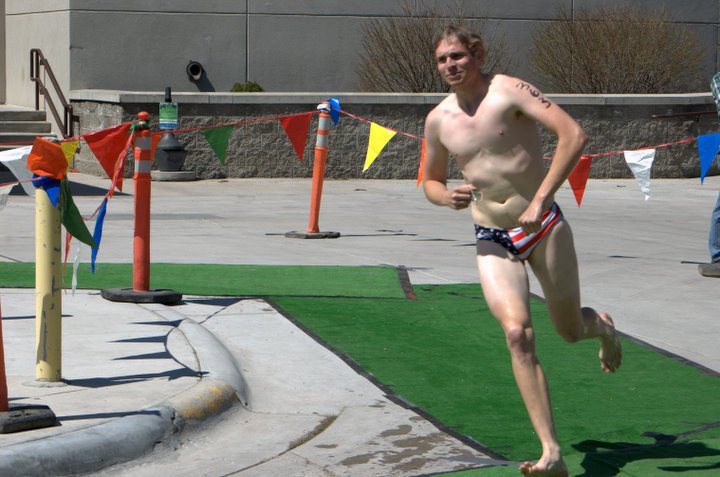 1) Avoid diabetes
1) Avoid diabetes